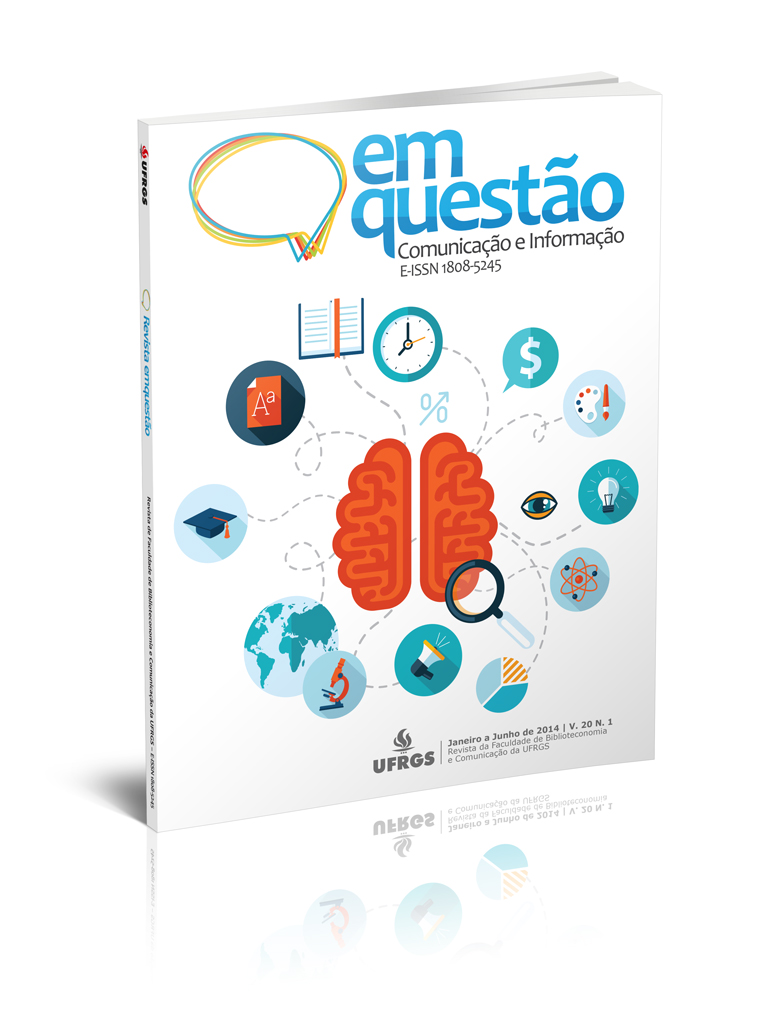Librarians as intermediate of cultural practices and reading in vulnerable communities
Keywords:
Reading. Librarian. Mediator of reading. Cultural action. Cultural rights. Sá Viana neighborhood.Abstract
The indicators of reading in Brazil reflect the investments made by the State in this area marked by discontinuity. Recent data presented in the survey Portraits of Reading in Brazil indicate that the Brazilian population devotes little time to reading – which leads to a poor evaluation of performance by the youngsters in school age concerning the areas of reading and writing. Such evidence is the result of little investment in the area of reading and information whose reflection is seen in the absence of school libraries and librarians who can work in the raise of readers able to think critically about social reality. From this perspective, the Tutorial Education Program (PET, in Portuguese) – Library of Universidade Federal Maranhão developed a three-year extension project, called "Information and Citizenship: reading and research practices in the construction of subjects", in the district of Sá Viana, São Luís (MA) in order to articulate practices of reading and school research, aiming to strengthen interest in reading for children and young people who work on the project Casa Brasil. This work resulted in the creation of a community library and the development of a set of cultural activities with the goal of reducing the processes of exclusion in the access to information and reading in vulnerable communities.Downloads
Downloads
Published
How to Cite
Issue
Section
License
Copyright (c) 2014 Maria Mary Ferreira

This work is licensed under a Creative Commons Attribution 4.0 International License.
Authors who publish with this journal agree to the following terms:
Authors will keep their copyright and grant the journal with the right of first publication, the work licensed under License Creative Commons Attribution (CC BY 4.0), which allows for the sharing of work and the recognition of authorship.
Authors can take on additional contracts separately for non-exclusive distribution of the version of the work published in this journal, such as publishing in an institutional repository, acknowledging its initial publication in this journal.
The articles are open access and free. In accordance with the license, you must give appropriate credit, provide a link to the license, and indicate if changes were made. You may not apply legal terms or technological measures that legally restrict others from doing anything the license permits.









